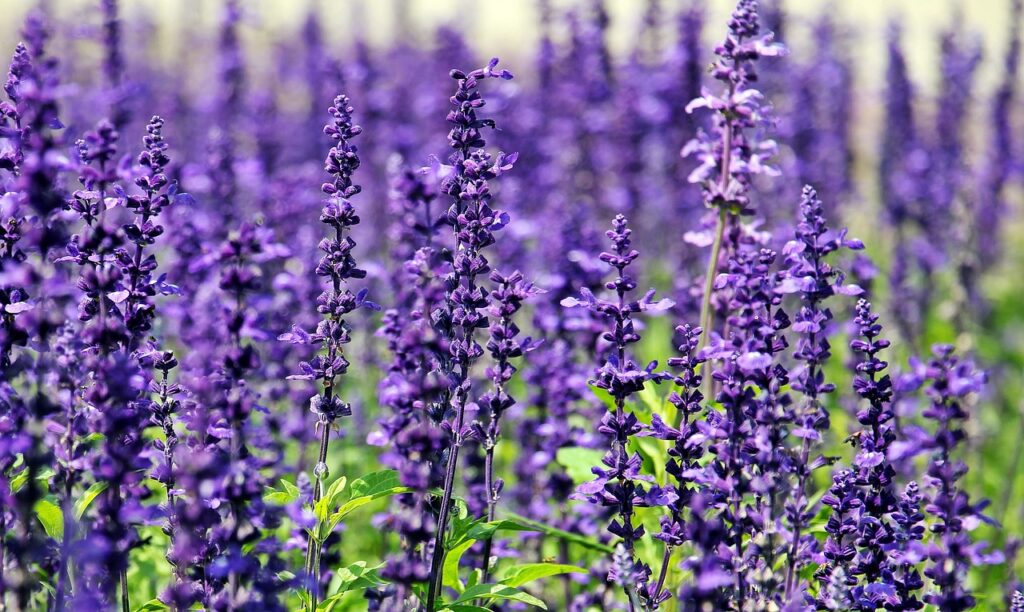Are you looking for an eco-friendly way to enhance your garden’s health and productivity? Look no further than composting!
Composting plays a crucial role in sustainable gardening, providing a multitude of benefits for both your plants and the environment. By recycling organic waste such as kitchen scraps, yard trimmings, and leaves, you can reduce your carbon footprint and divert waste from landfills.
The science behind composting is simple yet powerful as it involves the natural decomposition process that transforms organic matter into nutrient-rich compost. This compost acts as a natural fertilizer, supplying essential nutrients to your garden soil, improving its structure, and promoting healthy plant growth.
Incorporating compost into your garden soil also enhances its water-holding capacity and reduces the need for synthetic fertilizers and chemical pesticides.
With a few tips and tricks, you can easily implement successful composting practices in your garden, making it a sustainable haven for your plants and the planet.
The Science Behind Composting
Do you ever wonder how composting works and why it’s essential for sustainable gardening? Well, let me break it down for you.
Composting is a natural process that turns organic waste into nutrient-rich soil. It involves the decomposition of materials like kitchen scraps, yard trimmings, and leaves. When these materials break down, they release carbon dioxide, water, and heat. This heat helps to kill off any harmful pathogens, weed seeds, and pests that may be present in the waste.
The decomposition process is carried out by microorganisms such as bacteria, fungi, and earthworms. These organisms feed on the organic waste and break it down into simpler compounds, releasing nutrients that are essential for plant growth.
The end result is a dark, crumbly substance called compost, which can be used as a natural fertilizer to enrich the soil and improve its structure. So, by composting your organic waste, you’re not only reducing landfill waste but also creating a valuable resource that promotes sustainable gardening practices.
Reducing Waste and Carbon Footprint
By composting, you can significantly minimize your waste production and carbon footprint, allowing you to contribute to a more eco-friendly lifestyle. Composting is an effective way to divert organic waste from landfills where it would produce harmful greenhouse gases.
Instead, you can turn your kitchen scraps, yard trimmings, and other organic materials into nutrient-rich compost that can be used to enrich your garden soil. This reduces the need for synthetic fertilizers, which are energy-intensive to produce and can contribute to water pollution.
Additionally, composting helps to reduce methane emissions from decomposing organic waste in landfills, which is a potent greenhouse gas. By making composting a part of your sustainable gardening practices, you’re actively taking steps to reduce your environmental impact and promote a healthier planet for future generations.
Creating Nutrient-Rich Compost
Transforming your kitchen scraps and yard trimmings into nutrient-rich compost will provide your plants with the essential nourishment they need to thrive and flourish.
Composting is a simple and effective way to recycle organic waste and create a valuable resource for your garden. Start by collecting kitchen scraps like fruit and vegetable peels, coffee grounds, and eggshells. Mix them with yard trimmings such as grass clippings and leaves in a compost bin or pile.
Remember to turn the pile regularly to aerate it and speed up the decomposition process. Over time, the organic matter will break down into a dark, crumbly substance known as compost. This nutrient-rich compost can be mixed into your soil to improve its structure, retain moisture, and provide a steady supply of essential nutrients for your plants.
By creating your own compost, you not only reduce waste but also save money on fertilizers and promote sustainability in your garden.
Incorporating Compost into Garden Soil
To maximize the benefits of composting, you can easily enhance your garden soil by incorporating nutrient-rich compost. This will give your plants the nourishment they need to thrive. Start by digging a hole in the soil where you want to plant your seeds or seedlings. Mix in a generous amount of compost, ensuring that it’s well distributed throughout the soil. This will help improve the soil structure, allowing for better water drainage and root development.
Additionally, the compost will provide essential nutrients like nitrogen, phosphorus, and potassium, which are necessary for healthy plant growth. As you add the compost, be sure to break up any clumps and mix it thoroughly with the existing soil. Remember to water your garden regularly to help the compost release its nutrients and encourage strong plant growth.
Tips for Successful Composting in Your Garden
Want to make sure your composting efforts in your garden are successful? Here are some tips to help you out!
First, make sure you have a good balance of green and brown materials in your compost pile. Greens include things like grass clippings and kitchen scraps, while browns include items like leaves and shredded paper. Mixing these materials will help create the perfect conditions for decomposition.
Next, make sure your compost pile is moist but not too wet. It should feel like a damp sponge.
Turn your compost regularly to aerate it and speed up the decomposition process.

Lastly, be patient! Composting takes time, usually several months to a year. But with these tips, you’ll be on your way to successful composting in no time!
Conclusion
In conclusion, composting plays a vital role in sustainable gardening. By reducing waste and carbon footprint, you can contribute to a healthier environment.
The science behind composting helps create nutrient-rich compost that enriches garden soil and promotes plant growth. By incorporating compost into your garden, you can improve soil structure, water retention, and overall plant health.
Remember to follow the tips for successful composting in your garden to maximize its benefits. So, start composting today and watch your garden thrive while doing your part for the planet!





